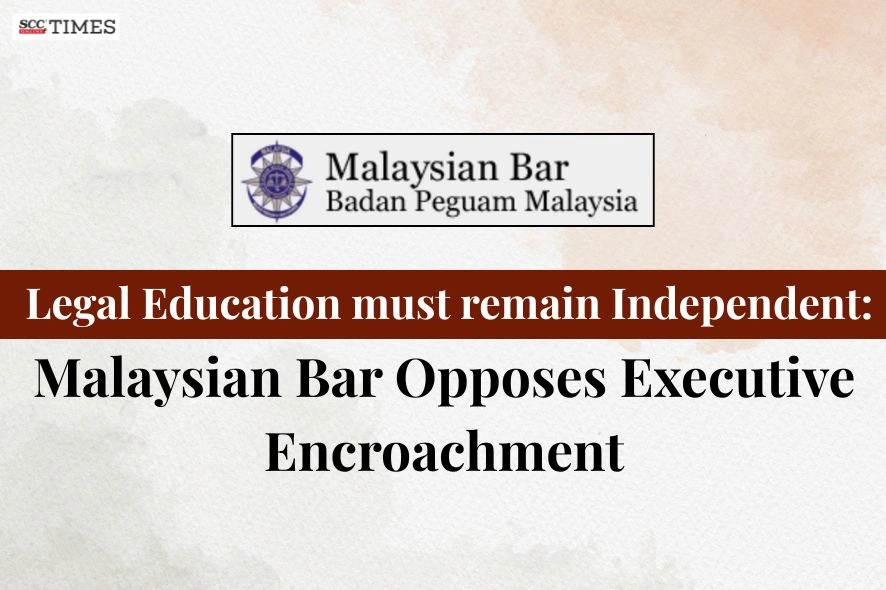On 17-11-2025, the Malaysian Government tabled the Legal Profession (Amendment) (No. 2) Bill 2025 (‘November Bill’) before the Dewan Rakyat. The Bill seeks to amend the Legal Profession Act, 1976 (‘LPA’), particularly in relation to the Legal Profession Qualifying Board (‘LPQB’).
The Concerns:
Since its establishment in 1976, the LPQB has been chaired by the Attorney General and comprised five members:
-
Two judges nominated by the Chief Justice,
-
The Chairman of the Bar Council, and
-
A senior academic from a Malaysian Faculty of Law.
This structure has ensured balanced representation from the judiciary, the Bar, and academia.
In recent years, however, the LPQB has faced scrutiny from Members of Parliament. To address transparency concerns, Parliament introduced Section 9A in May 2025 mandating annual audits by the Auditor General.
The Amendments proposed:
-
The November Bill was presented by YB M Kulasegaran, Deputy Minister in the Prime Minister’s Department (Law and Institutional Reform), for its first reading.
-
The Bill proposes several major changes:
-
Ministerial Appointments: The Minister for Law would gain power to appoint 8 out of 13 Board members, a majority that does not currently exist under the LPA.
-
Removal Without Reason: The Minister could remove 7 Board members without providing justification.
-
Control Over Remuneration: The Minister would determine pay and perks for Board members.
-
-
These changes would reduce representation from the judiciary and the Malaysian Bar to a minority (3 out of 13), undermining professional independence and creating a Board heavily influenced by the executive.
-
The Bill also allows:
-
Expansion of the Board from 5 to 13 members,
-
Creation of unlimited committees with allowances and expenses.
-
-
Such measures could deplete the LPQB’s funds, currently around RM55.2 million, and increase costs for law students, contrary to the principles of responsible reform.
The Malaysian Bar’s Position
The Malaysian Bar warns that these provisions would gravely compromise professional independence by creating a Board dominated by executive appointees, reducing the judiciary and Bar Council to a minority voice.
The Bar asserts:
-
LPQB leadership should rest with the Malaysian Bar, supported by balanced representation from the judiciary and academia.
-
Governance should remain transparent, professional, and free from political interference.
-
Operational costs and student fees should be reduced, not inflated.
In a press statement, Anand Raj, Vice-President of the Malaysian Bar, quoted Hon Dr Lloyd Barnett, OJ, former President of the Organisation of Commonwealth Caribbean Bar Associations:
“A legal profession which is controlled or manipulated or intimidated by politicians cannot effectively carry out its duty of sustaining the independence of the administration of justice. As a corollary, despotic government usually commences with the suppression of the legal profession.”
The Malaysian Bar expressed disappointment with the Government’s limited consultation sessions. Despite submitting detailed feedback in May 2025 and again in November, its concerns have been disregarded.
The Bar pledges that, if entrusted with LPQB leadership, it would:
-
Reduce operational expenditure,
-
Lower fees for law students, and
-
Ensure transparent, professional, and accountable governance.
The Malaysian Bar states that while it supports reforms that enhance governance and accountability, it strongly opposes amendments that introduce political or executive influence into the LPQB’s composition.


